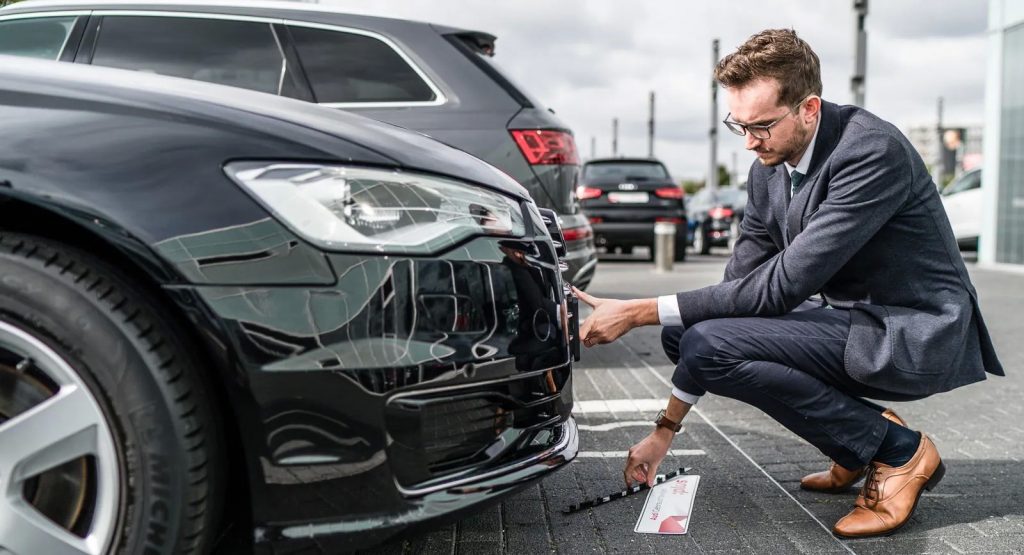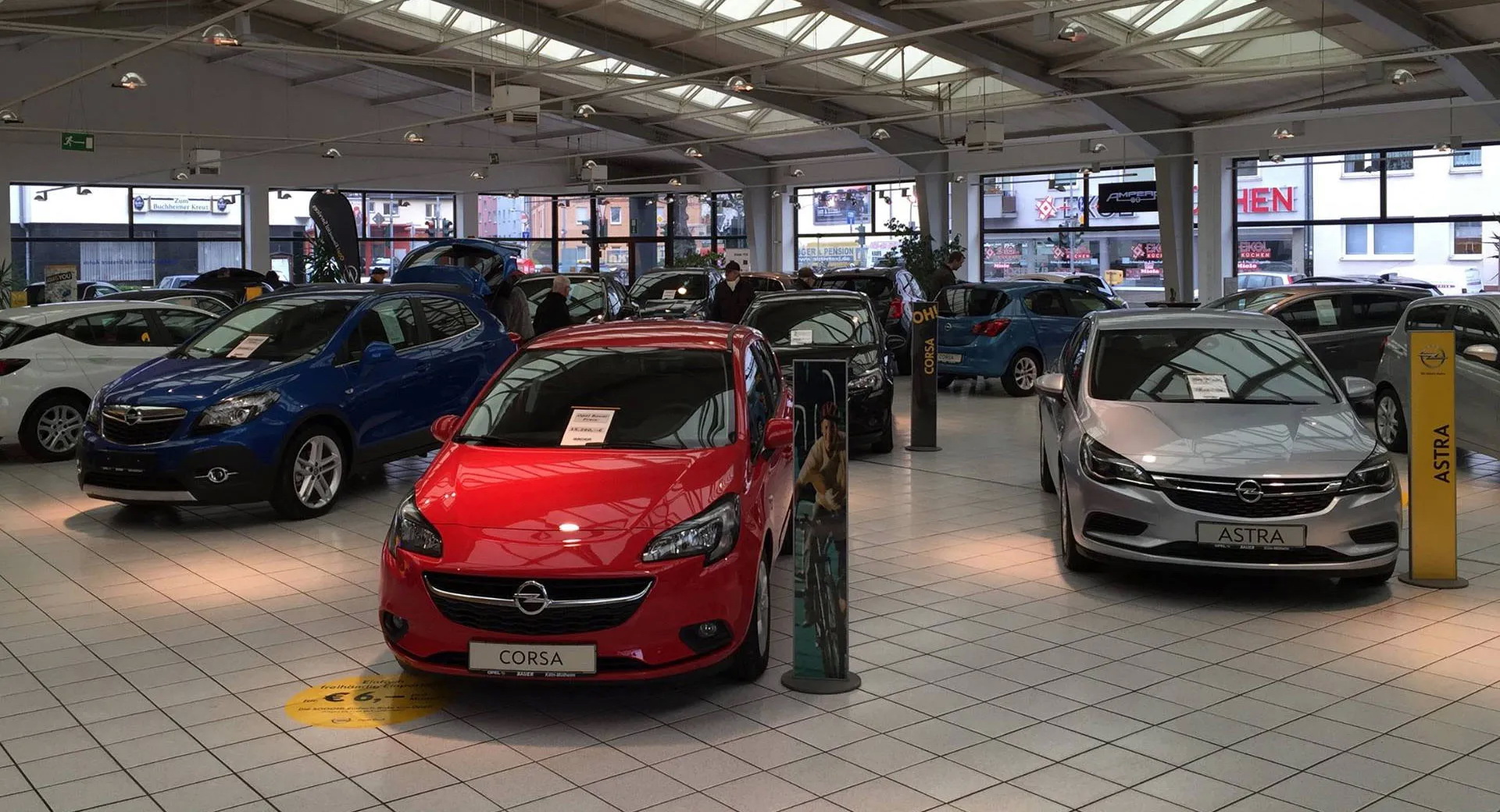With new car registrations down 40% in June year-to-year, Germany is on track to hit a 30-year low in 2020, according to industry association VDIK.
Only 220,000 new cars were registered in June in Europe’s largest market, said VDIK exec Reinhard Zirpel, who expects registrations to fall 20% overall this year, to some 2.8 million units. If that happens, then it will mark Germany’s worst year since the end of the Cold War, as far as new car sales are concerned.
Zirpel went on to add that 2.8 million units is actually an optimistic prognosis.
Read Also: Carmakers Charging Ahead With Discounts To Make Up For COVID-Caused Sales Slump
“The cumulative minus up to the end of June is – 35 percent,” he said. “There will have to be a very strong recovery in the second half to reach – 20 percent at the end.”
On a more positive note, demand for electrified cars has gone up these past few months, with a 90% increase expected in the number of “green” cars registered over the first half of 2020 – for a total of 90,000 units. Almost half of those were full electric models, while hybrids made up the majority, reports Autonews Europe.
Germany already doubled its incentives for both fully electric cars as well as plug-in hybrids, although this stimulus package did not feature any benefits for buyers of gasoline and diesel-powered models. Future incentives could end up addressing this issue.
Last month, Zirpel conceded that reopening the dealerships “had almost no positive effect on demand,” and that the state of the passenger car market “remains drastically bad.”




